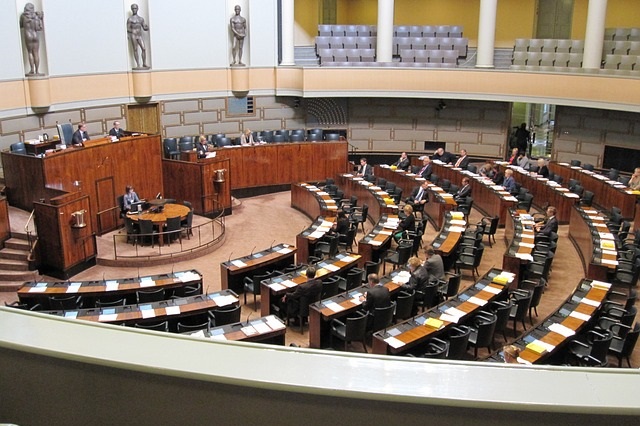Cotonou – Benin votes for a new parliament on Sunday with opposition candidates authorised to stand in the legislative elections after four years of absence.
Sunday’s vote will be a key test for the West African nation, where President Patrice Talon’s supporters say he has ushered in political and economic development, but critics argue that his mandate has eroded democracy.
At the last parliamentary votes in 2019, the opposition was de facto barred from participating after a tightening of electoral regulations.
Only two political movements allied with Talon were authorised to participate then, leading to a parliament controlled by pro-government parties.
The 2019 legislative elections were also marred by violence, record abstention and an internet shutdown, rare events in a country once seen as a model of democracy in West Africa.
On Sunday seven political parties, including three allied with the opposition, have been authorised to take part in the election.
ALSO READ | Algerian poet, ex-minister says won’t run for president
But the majority of Talon’s main opponents are either in prison or in exile.
Reckya Madougou has been sentenced to 20 years in prison for “terrorism”, while Joel Aivo – an academic – was given 10 years in prison for “conspiracy against the authority of state” in December 2021.
Both were tried by a special court dealing with terrorism and economic crimes, known as the CRIET. Critics say the court, created by Talon’s government in 2016, has been used crack down on his opponents.
Around 6.6 million voters are eligible to elect 109 deputies on Sunday, including at least 24 women — at least one per constituency — according to a new electoral code.
Beyond the opposition’s drive to reclaim seats in parliament, Sunday’s election will impact the future of some of the other institutions in the small country, which sits between Nigeria and Togo.
The mandate of the Constitutional Court ends this year and, three years before the 2026 presidential ballot, the court’s composition is crucial as it oversees decisions on elections.
Four judges are appointed by lawmakers while the other three are chosen by the president. A wealthy businessman, Talon was elected in 2016 and re-elected in 2021.
Follow African Insider on Facebook, Twitter and Instagram
Source: AFP
Picture: Pixabay
For more African news, visit Africaninsider.com


